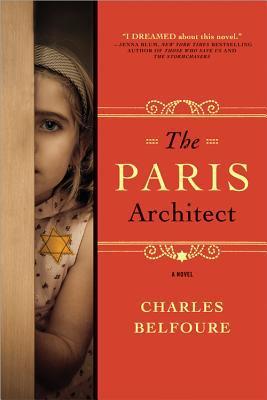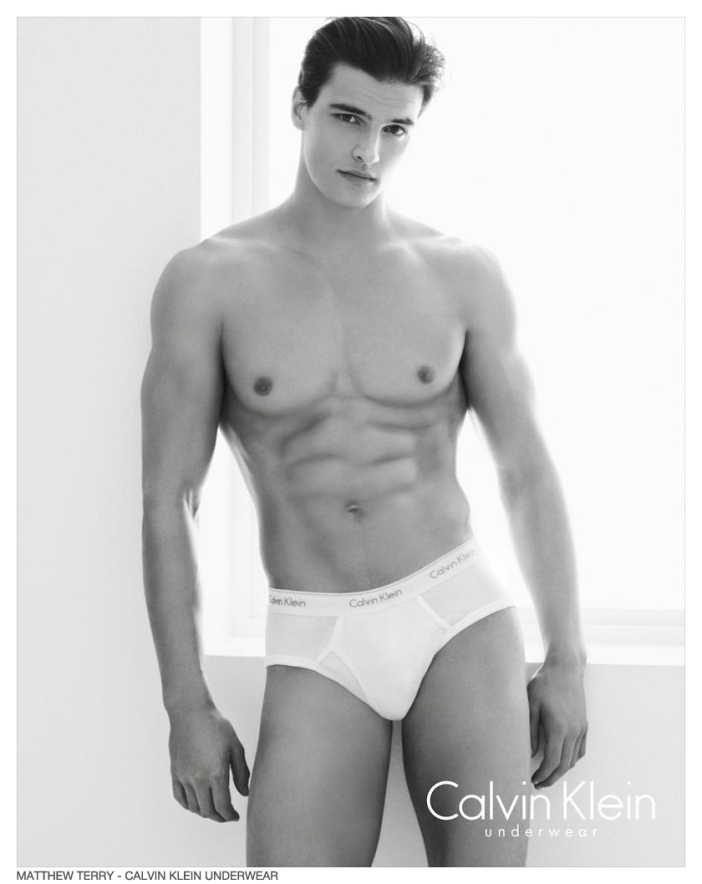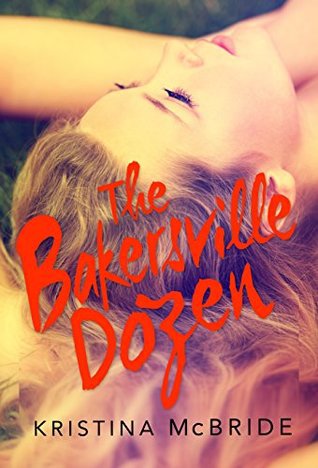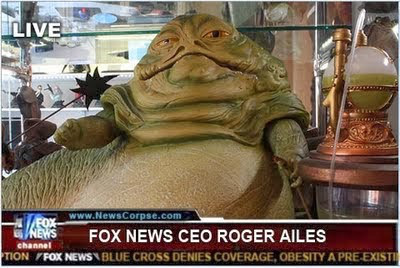To be honest, this book never stood a chance with me. Why? Because when a historian (me) reads a fictitious account (The Paris Architect) that takes place in her field of knowledge (Vichy France,) she is bound to be overly critical. Here’s a quick look at what I liked and didn’t like about this book.
Liked:
The premise was interesting. An architect creates hiding places for Jews in Paris under Nazi Occupation.
The protagonist was complex. Lucien Bernard hadn’t seen work since WWII began. Desperate for money, he agrees to design a hiding place for a wealthy Jew in return for a large sum of money and the promise of a huge commission. Bernard isn’t particularly likable in the beginning, having no compassion for his fellow man suffering at the hands of the Nazis. His story is similar to other’s from the Holocaust; initially, Lucien was a war profiter who capitalized on other’s sufferings. However, much like Oskar Schindler, he realized the importance of helping the Nazis’ victims and became a staunch ally to the Jews.
The author, Charles Belfoure, is an architect. His knowledge of building techniques really shine in this book and provides exceptional details that help the narrative.
Didn’t Like:
Some of the history wasn’t right. His description of Vichy, Jewish deportations, and the Resistance are in line with Vichy scholarship. However, he mentions Maurice Papon in passing and makes two claims that aren’t true. First, Belfoure states that Papon was an architect. In two years of studying this man (I wrote my thesis on ol’ Maurice,) I never found any indication that he was an architect. Papon had an extensive career as a civil servant, but that’s it. Second, he claims that Papon was involved in the Parisian police during WWII, that’s simply not the case. Papon was in charge of the Jewish Question division in the Bordeaux area during the Second World War. While it is true he organized Jewish deportations, he did not do so in Paris. In fact, he did not become chief of police in Paris until after the war.
Belfoure’s writing needs some work. His choice of words does not fit with the 1940s, and that really bothered me.
He introduced too many characters and groups. Belfoure got a little carried away with his characters. Vichy is a multi-faceted topic and it’s best to just focus on one aspect. Belfoure introduced the Gestapo and the Resistance, as well as multiple Jews who needed hiding, and nearly everyone in that network. Pair that with all the architectural lingo, and anyone reading is bound to feel overwhelmed. The parts with the Resistance didn’t add much to the story and could have been left out. There were several characters whose stories never got a conclusion, which left the book feeling unfinished.
Another Thing to Note:
The descriptions of Gestapo torture are very graphic. If you aren’t used to reading that type of content, it may be best to skip over it.
I can’t say that I was completely disappointed with The Paris Architect; it was a fast read and I couldn’t put it down. However, more editing and fact-checking would’ve taken this book from 3 stars to 4.
Publication Info
The Paris Architect. Charles Belfoure. Sourcebooks. 2013.
371 pages
ISBN: 1402284314

Advertisements
Share this:
Like this:Like Loading...
Related







